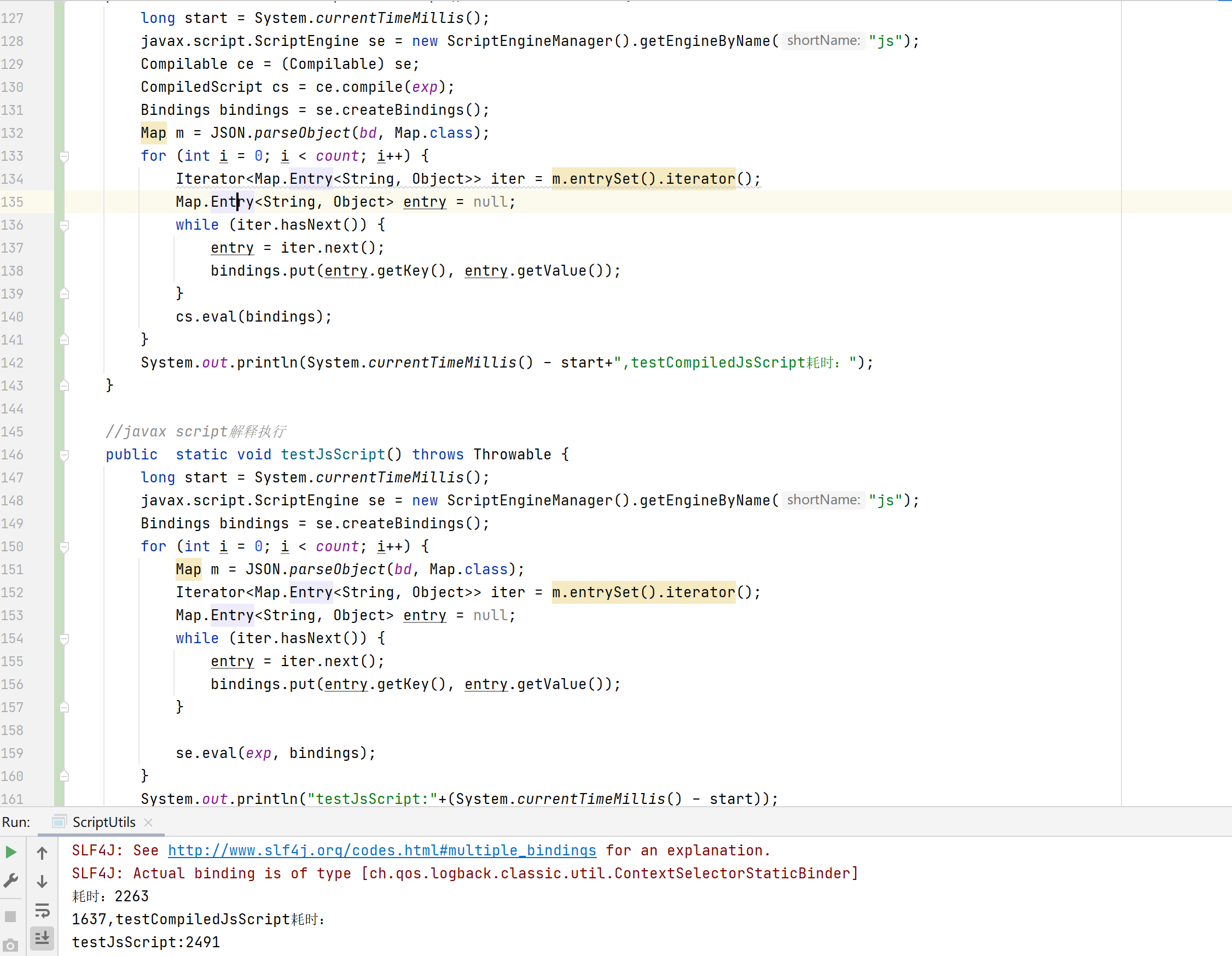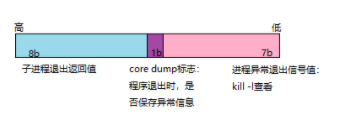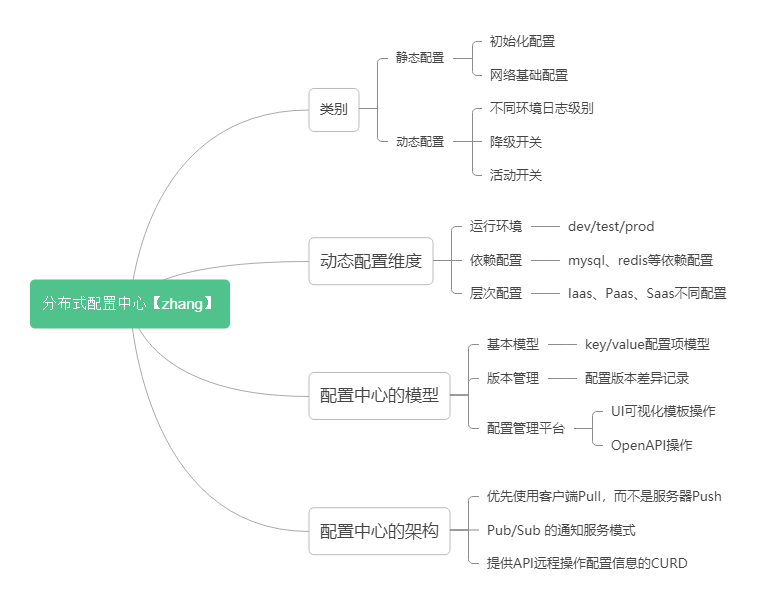Problem 50 Consecutive prime sum (线性筛)
Consecutive prime sum
Problem 50
The prime 41, can be written as the sum of six consecutive primes:
41 = 2 + 3 + 5 + 7 + 11 + 13
This is the longest sum of consecutive primes that adds to a prime below one-hundred.
The longest sum of consecutive primes below one-thousand that adds to a prime, contains 21 terms, and is equal to 953.
Which prime, below one-million, can be written as the sum of the most consecutive primes?
| ||||
代码:
#include<bits/stdc++.h>using namespace std;vector<int> primes;int prime[1000000];void init(){for(int i = 0 ; i < 1000000 ; i++){prime[i] = 1;}for(int i = 2 ; i < 1000000; i++){if (prime[i]){primes.push_back(i);if(i <= (int)sqrt((double)1000000)){for(int t = i*i ; t<1000000 ; t+=i)//prime[i*i+k*i]=false{prime[t] = 0;}}}}}int main(){init();int max = 0;int maxlen = 0, maxsum = 0, cursum = 0;for(int i = 2 ; i < primes.size() ; i++){cursum = 0;for(int j = i ; j < primes.size() ; j++){cursum+=primes[j];if (cursum>=1000000) break;if (prime[cursum] && j - i > maxlen ){maxlen = j-i;maxsum = cursum;}}}cout<<maxsum<<endl;;return 0;}



































还没有评论,来说两句吧...